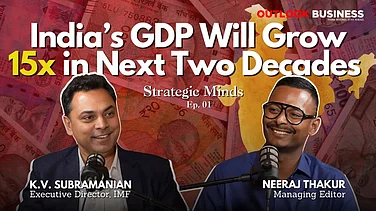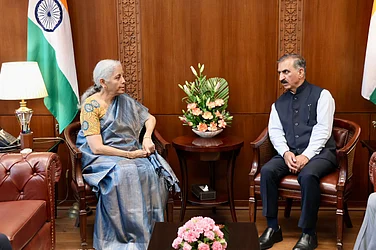Attracting unprecedented foreign investment has clearly beenManmohanomics’s biggestaccomplishment. Our respondents, not surprisingly, areimpressed with the Government’s achievements on this score. But it has also been themost contentious issue. "We’ve had a history of foreign rule, and it takes along time to change the mindset of the people," says Jardine Fleming’s Bhatt."Considering this. I feel the Government has gone as far as it could have gonewithout causing upheavals and fissures in society."Professor Arnold C. Harberger ofthe University of California at Los Angeles (UCLA) brushes off the neo-imperialist threat."India is not the sort of country that can be bought up by transnationalcorporations," he says.
The worrying aspect, however, is that portfolio investment—whichhas slid a previously-unheard-of term, FII (foreign institutional investor), smoothly intoour financial vernacular—continues to outpace foreign direct investment (FDI) whichsets up factories, employs people and thus by definition, has a long-term stake in India,in addition to giving India access to technology, management and foreign markets. Sincereforms began, about 78 per cent of foreign investment in India has been portfolioinvestment to buy shares inIndian companies or to buy up the companies themselves.
Disregard the wry economic maxim which postulates that the flowof portfolio investment is counter-cyclical: it leaves when it is needed, and it comes inwhen it is not. Discount, too, that oft-quoted fear that we’ll wake up one day tofind all that share-hunting money vanished from our shores to chase better-sounding scripsin other parts of the world: Mexicos don’t happen so frequently. But it stands toreason that portfolio investment can contribute significantly to a country’slong-term economic health only if a large chunk of it goes into the primarymarkets—fresh share issues—and help companies expand and grow. This has nothappened in India. One of the reasons for this may be that procedural formalities forpicking up shares in the Indian primary market take at least 70 days, and the FIIdoesn’t have that sort of time.


























